National Reconciliation Week this year has given us a timely opportunity to consider the importance of having a voice in times of change.
As lawyers we have the privilege, and the duty, to speak for people facing some of the greatest challenges of their lives – in court facing criminal charges, in family law proceedings bringing an amicable end to a relationship, in contractual negotiations for small business, settling a conveyancing transaction for an eager buyer or seller, negotiating a personal injuries settlement for an injured party, solving commercial disputes through court processes or mediation, or even making native title applications on behalf of community.
As lawyers we have a voice and that is a powerful thing.
As a law society we have a collective voice too. We do advocacy work with our specialist committees on legal policy issues trying to defend the rule of law, respect fundamental legislative principles and generally bring about good law.
Queensland Law Society and our national federal body, the Law Council of Australia, participated in the recent federal election process. We collaborated and put out Call to Parties documents listing some of the priority issues that our committees and our members told us were important to them.
The major parties responded and gave us and the Law Council commitments. We had a voice. We were seen as legitimate and authoritative. We could be heard.
Not everyone in our community is in such a position. For those people, lawyers have a key role to play in giving them a voice.
A good example of lawyers taking on this role comes the day before National Reconciliation Week commences – National Sorry Day, which was also known as the National Day of Healing.
Sorry Day commemorates the publication on 26 May 1997 of the Bringing Them Home report on the stolen generation. It was prepared by former High Court Justice and President of the Human Rights and Equal Opportunity Commission Sir Ronald Wilson and barrister and then Aboriginal and Torres Strait Islander Social Justice Commissioner Mick Dodson. These lawyers told the terrible stories of separation of Aboriginal and Torres Strait Islander children from their families and voiced recommendations for change.
The day after Sorry Day starts National Reconciliation Week, which always runs 27 May to 3 June, and this year’s theme was ‘Be brave. Make Change’.
The week itself started as the Week of Prayer for Reconciliation in 1993 (the International Year of the World’s Indigenous Peoples) and was supported by Australia’s major faith communities.
It celebrates two significant events:
- the 27 May 1967 referendum – which saw more than 90% of Australians vote to give the Australian Government power to make laws for Aboriginal and Torres Strait Islander people and recognise them in the Census as people, and
- the 3 June 1992 Mabo No.2 decision of the High Court, which removed the legal fiction of ‘terra nullius’ and legally recognised Aboriginal and Torres Strait Islander peoples as the Traditional Owners and Custodians of lands.
Lawyers were integral to each of these events – assisting in giving the otherwise unseen a voice.
Magistrates Court RAP
Recently the Magistrates Court launched its next stage Reconciliation Action Plan, continuing a journey it started in 2018. The Magistrates Court sees the longer-term consequences of policies like those identified in Bringing Them Home, as does the community generally, first hand.
The Attorney-General noted that, “despite representing 4.6% of Queenslanders, last year just more than 19% of defendants who appeared before Magistrates Courts identified as Aboriginal or Torres Strait Islander. Almost half of all defendants appearing in the Childrens Court and 15% of aggrieved parties in applications for a domestic violence order last financial year identified as Aboriginal or Torres Strait Islander.”
To move forward, we need to look back to acknowledge the wrongs of the past. Committing to change in the future is part of being brave, whilst also being mindful that acknowledging past wrongs does not impute any guilt upon us directly for acts of previous generations. We should only feel guilt if we do nothing about them.
Last week, 3 June marked 30 years since the Mabo decision and it is timely to look back at what has occurred. Native title has been an important part of the development of our nation, but now 30 years on we may need to look at more than issues of title, but to financial autonomy, responsibility and opening up of pathways for young First Nations people to succeed.
Currently only 94 solicitors in Queensland identify as being First Nations from a cohort of around 13,000. It is a start, but there is more to do.
So maybe we need a voice for those who cannot be heard in times of change.
Kristen Hodge and Lyndell O’Connor are co-Chairs of the QLS First Nations Legal Policy Committee. They recently wrote in QLS Proctor that their committee endorses the Uluru Statement from the Heart and actively advocates for its implementation.
Finally this issue may be on the table and there can be a proper discussion about what the Statement calls the torment of powerlessness. The Statement from the Heart seeks a First Nations Voice enshrined in the Constitution and a Makarrata Commission to supervise a process of agreement-making and truth-telling.
Having a voice, making agreements, telling the truth – these are concepts lawyers are very familiar with and are the very basis of what we do and who we are. It’s not really so very far, but perhaps if our nation is brave, we can find a voice and make change.
This is an edited version of a speech delivered to the 2022 North Queensland Law Association Conference.


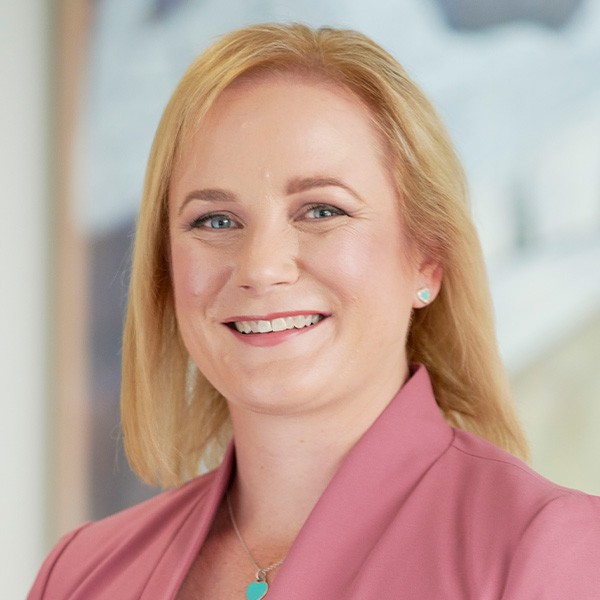




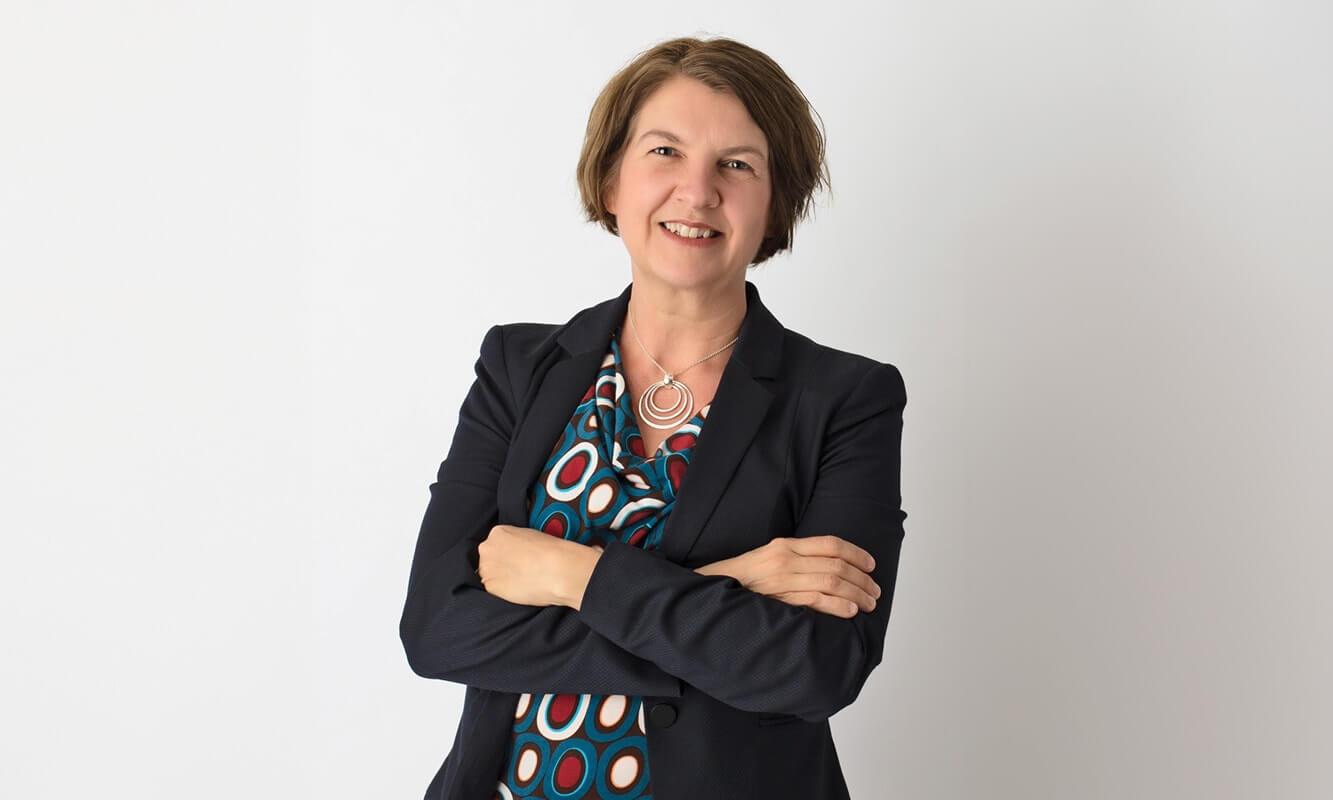

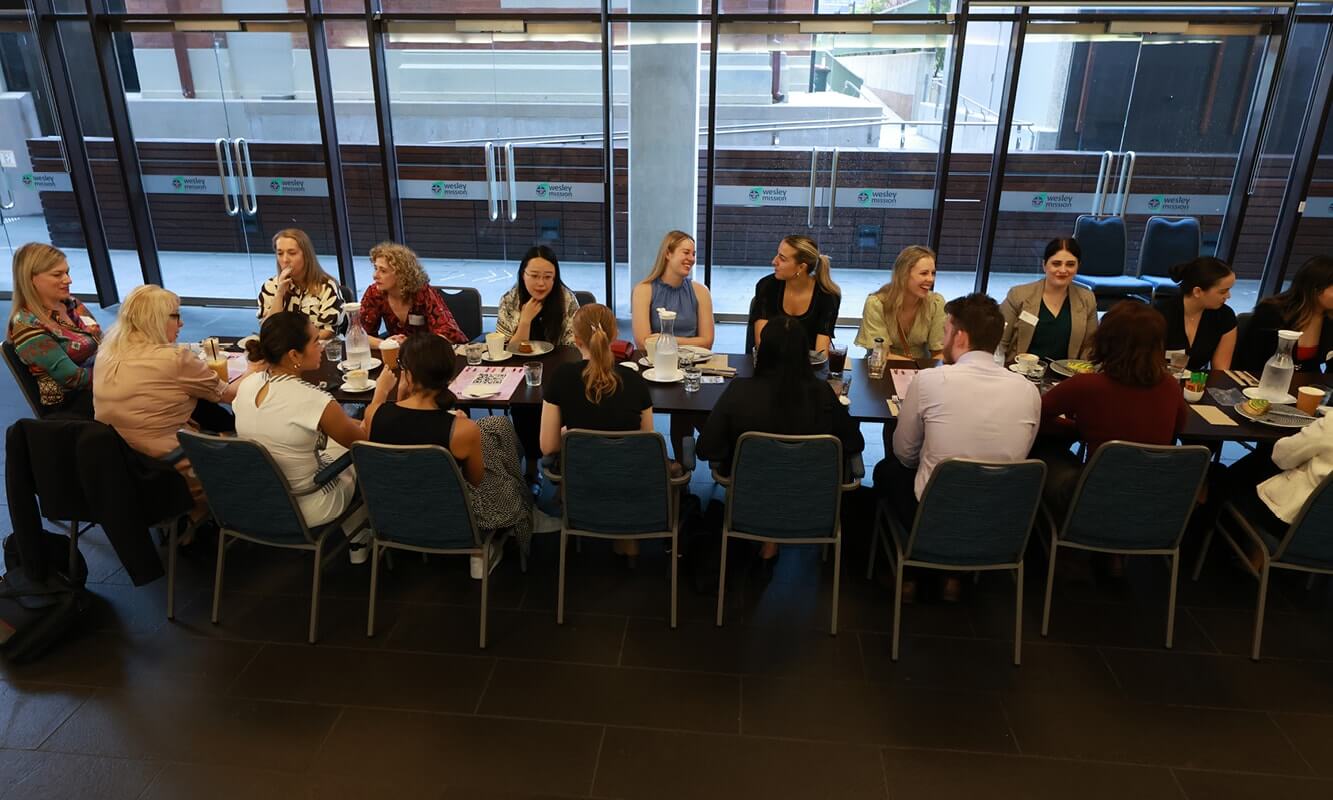
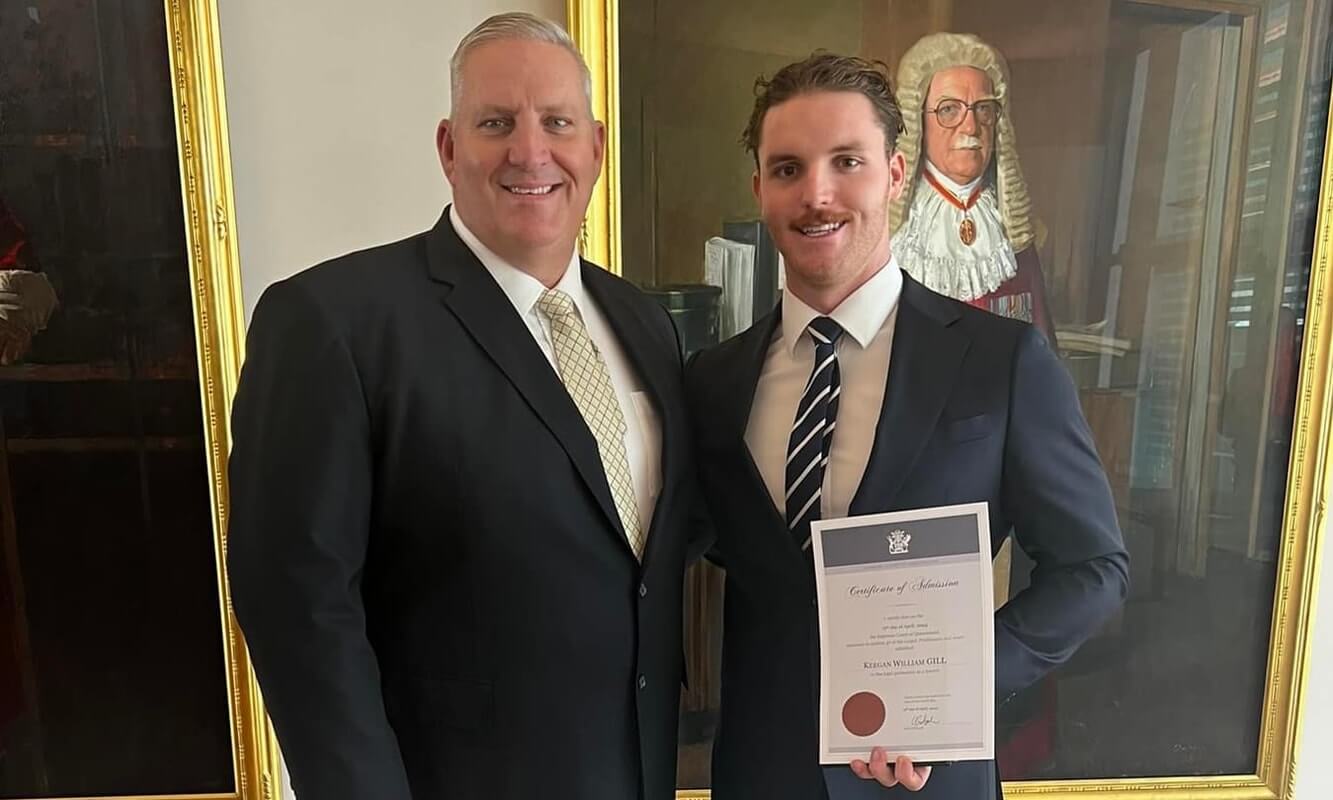
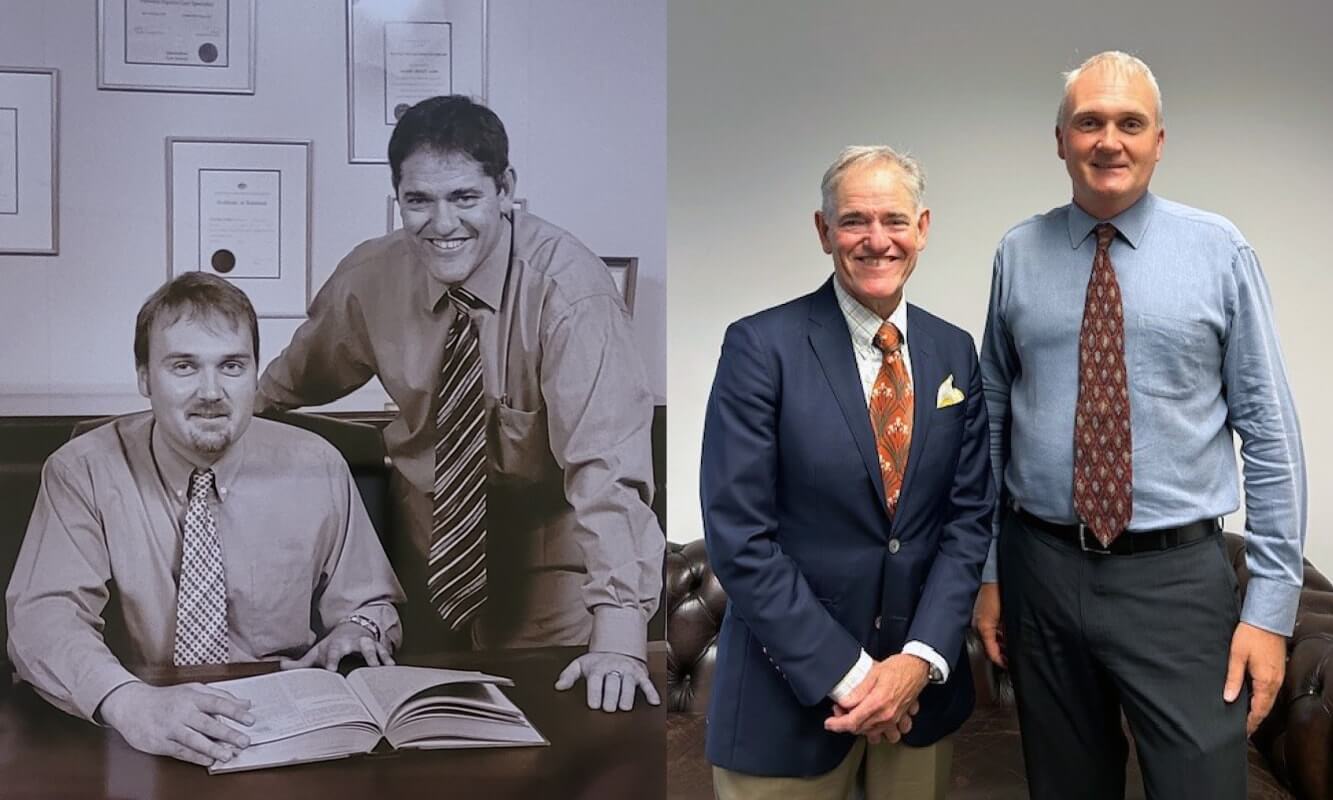
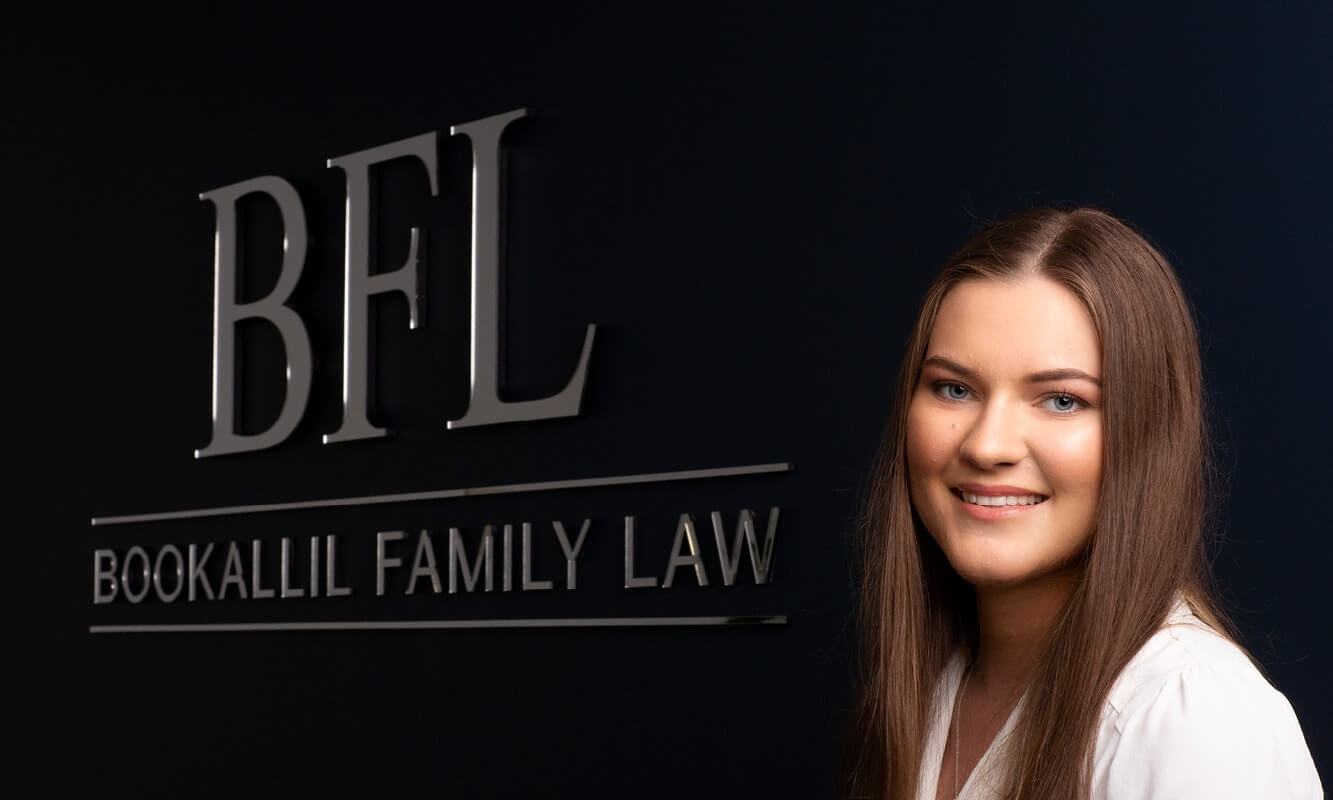

Share this article